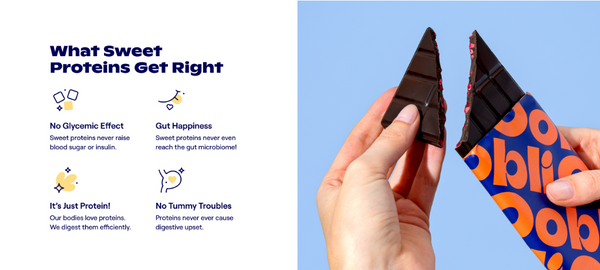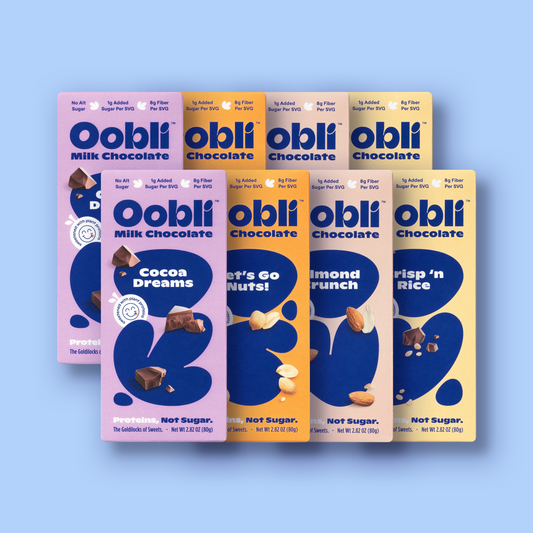UPDATE 9/17/24: The Washington Post has confirmed that added sugar labeling (in addition to saturated fat and sodium) in will now be front and center on US products starting this fall. This is a step in the right direction and takes the lead from other countries who have successfully seen a reduction in added sugar.
Does it go far enough? This change is certainly helpful for transparency into added sugars, where food companies can no longer "hide" added sugars in fine language on the back of pack. But true change comes with dietary guideline changes and overall sugar consumption recommendations from experts. Hopefully we see more progress in the near future.
A recent article in the Wall Street Journal has many people asking the question: can big impossible-to-miss warning labels on food products help people make healthier food choices?
To answer that question, the Wall Street Journal writer Lindsey Smith Taillie looks to Chile, another country that (like many) struggles with pervasive chronic health issues and poor nutrition within its population.
In an effort to combat childhood obesity, Chile became the first country in 2016 to slap big, can’t-miss warning labels on processed packaged foods that contain high levels of sugar, sodium, saturated fat and/or calories (think giant smoking warning labels on cigarettes).

Image credit: The New York Times
The result? Calories dropped by 24%, along with similar results for sugar, sodium, etc. These regulations also resulted in food companies reducing the amount of sugar and sodium in their products. And surprisingly, these laws resulted in no rise in food prices for the consumer.
Like Chile, the United States has staggeringly high rates of obesity and type-2 diabetes. In short: we have a food problem. So where does that leave Americans? What can American lawmakers learn from the labeling laws in Chile and the 8 other countries that have already implemented similar laws and regulations, including our neighbors in Canada and Mexico?
At best, data from Chile shows that bolder labeling can result in better food choices and even better processed food products. And at the least, we’ve learned from our history of tobacco labeling laws that even if labels don’t actually reduce smoking habits right away, they can increase a smoker’s desire to quit.
We can and should consider prominent labeling of processed foods that contain high amounts of sugar. It’s well known that food companies get around unhealthy nutrition labeling with phrases and words like “100% natural” or “no added sugar.” Just look no further than fruit juice and granola bars marketed toward parents and kids. Can every busy parent or on-the-go worker expect to scan every single nutrition label? Food decisions happen quickly. Better labeling can help.
Here at Oobli, we’ve been vocal about our sugar problem in this country. Our mission is and always will be to change sweet foods for the better, removing the guilt and bringing back the joy of having a natural sweet tooth, but also creating better packaged food products here in the U.S. that are also immensely better for the planet. We believe that sweet proteins are a huge part of the solution to creating better, healthier foods that keep blood sugar and insulin at bay, with a focus on gut health and maintaining a healthy microbiome.

But we also have the massive goal of helping and enabling other food and beverage companies to rehabilitate their own lines of sweet packaged foods with better sweet ingredients like Oobli sweet proteins.
Can better labeling help? It's worth a shot. And really, what's the downside of trying? Labels are ugly, but they don't hurt anyone. And they might even help.




